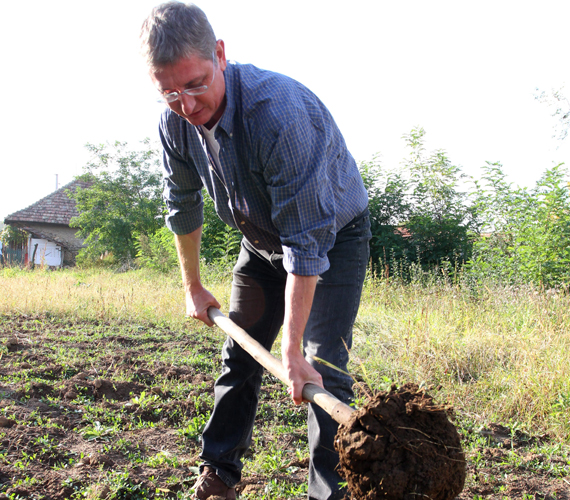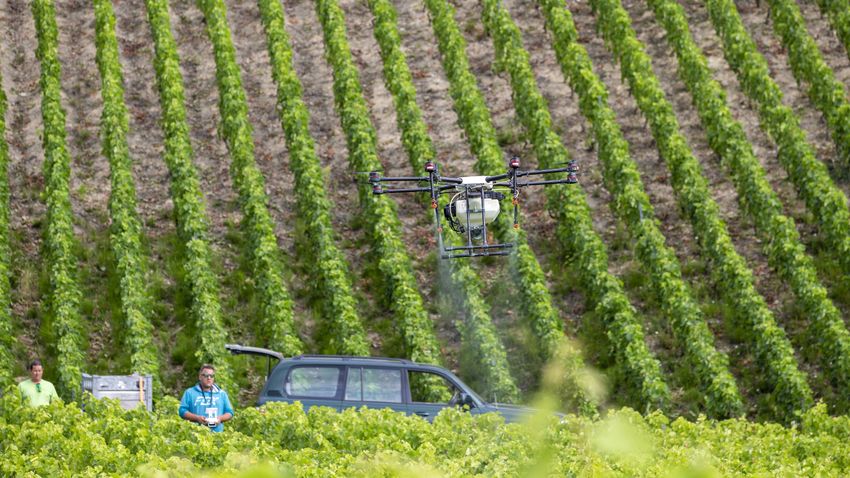The European Commission's strategies related to the 2030 green goals were again rejected by the agriculture ministers of the European member states. With the help of these, the EU would place European agriculture and forestry under central regulation, thus having a decisive influence over the food market. At the same time, there are more and more signs that the reduction of national self-determination over food would not be against the Hungarian left.
The agriculture ministers of the European Union member states rejected the European Commission's plans for the transformation of agriculture and forestry until 2030. At the meeting of the Agriculture and Fisheries Council in Luxembourg earlier this week. The ministers of the European nations agreed that the most important goal of the new EU common agricultural policy (CAP) in the period between 2023 and 2027 should be a safe and stable food supply and the stability of farmers.
The new agricultural policy and the new national programs adopted in the summer will adequately support the transition to sustainable farming from 2023 and contribute to the reduction of harmful emissions. The level of subsidies is also linked to green commitments. Despite the CAP agreement concluded in June after long discussions, Brussels would impose its own strategies on the member states by creating mandatory guidelines. According to the majority of member states, the plans would also reduce global food access.
In its strategy, Brussels would also determine that significant areas should be taken out of production, while it would force organic cultivation, resulting in lower yields, on a substantial part of the land currently under cultivation.
The forest strategy, which is also considered scandalous in professional circles, does not take into account the practices of multi-purpose forest management, according to the unanimous opinion of forest managers and forest owners.
So far, neither Klára Dobrev nor Péter Márki-Zay have outlined meaningful rural and agricultural policy plans, but the draft of the joint left-wing program only includes generalities and plans already implemented by the government. However, the previous program of the Democratic Coalition clearly shows what farmers can expect from the left. According to Ferenc Gyurcsány's party, the Hungarian land market should be opened to foreigners and business companies.

Gyurcsány would open the land market to foreigners./Femina.hu/illusztáció
They would consider the rise of large companies advantageous, while they would like to see family farms as their raw material producers. If Klára Dobrev and the left could form a government in 2022, then Hungarian farmers would become vulnerable to the agricultural giants, the genetically modified cultivation lobby and the will of Brussels.
The left's plans for the countryside: day numbers, social cooperatives, a widely open land market and strong foreign, large corporate influence.
The toothless rural program of the left would probably be sufficient if they were to come to government, as the left-wing politicians would support the reduction of national powers and the most important decisions concerning agricultural production being taken over by Brussels.
Minister of Agriculture István Nagy highlighted after the meeting of the EU ministers: Brussels wants to force the mandatory, numerical and immediate prescription of the goals included in the Green Agreement on the member states. In doing so, it would not only violate the provisions of the political agreement reached on the reform of the CAP, but would also cause a decrease in agricultural production.
At the meeting in Luxembourg, the head of the ministry emphasized that the price of implementing the EU's green goals cannot be made to pay by the population and farmers.
Source and featured image: Magyar Nemzet












